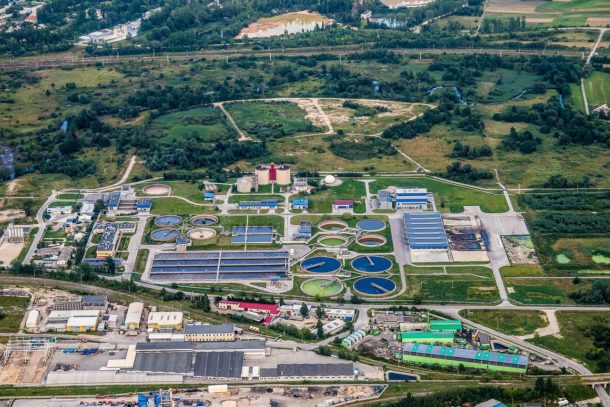Here are a few best practice tips for studying for a water treatment license exams.
Common Sense
You might expect every water treatment facility to operate along the same litany of best practices, but you may be surprised. Some communities fluoridate their water, some don’t, where you are may differ from where you spent your formative years. Also, practices change over time.
As an example, even as big cities like Cedar Rapids to the north and Iowa City to the south adopt practices like fluoride treatment, little communities like Mount Vernon, Iowa between these cities can lag behind. Today, Mount Vernon incorporates fluoride in their water supply. But there was a time when they did not, and local lobbyists had to push for it.
When it comes to wastewater certification, treatment practices could differ widely from one municipality to the next. In terms of volume alone, you’re not going to find the same levels of waste in Chicago that you will in some farming community a hundred miles from any big city in the middle of the state. For more background, consider these four treatment methods.
In light of these realities, following we’ll explore a few things you may want to keep in mind as you study for the license exam to attain your water treatment license.

Don’t Only Memorize; Assure You Understand
Memorization doesn’t teach critical thought, it just teaches a sort of constrained summary of a given subject. If you want to attain your water treatment license in a meaningful way, you’ve got to do more than simply memorize relevant material.
You’ve additionally got to understand why certain treatment methods work, others don’t, and the community you’re in uses what methods it does.
With water, there can be a surprising number of angles to consider; and given the farming communities of Illinois, some wastewater may serve multiple purposes. Understanding these things helps you not only pass the test but work more effectively for the community you’re a part of as well.
- Ask Friends Or Co-Workers What To Concentrate On
Friends who have taken the exam or co-workers that are taking it with you may have information on water treatment certification exams that you didn’t realize were relevant. Ask around, don’t go it alone unless you have no other choice. Friends and co-workers can help you not only attain and maintain study motivation, but they can also help you study the right things.
https://pixabay.com/photos/homework-the-student-tablet-3235100/ - Use Study Materials Specifically For Water Operators
There are specific study materials designed to help those about to take their water treatment certification exam. Such materials are calibrated toward water workers in general, but you can find information that specifically applies to local laws. A great example of such study materials is Aypotech. - Carefully Research Specific Positions You’re Applying For
You’re going to need different kinds of knowledge for different positions pertaining to water treatment. Sometimes your job involves maintaining equipment, sometimes it involves actual treatment of water, sometimes you’re looking at planning positions for future expansion.
As you go about achieving your water treatment certification, be sure you research things that will specifically pertain to the job you’re trying to get.
- Instead Of Cramming, Study Over A Long Period
Cramming is great for absorbing knowledge that you swiftly lose after the fact. Think of it like a sponge. Cramming is soaking that sponge, but all the water falls out in time. If instead of cramming you take the time to study for your water treatment certification every night (or several times a week) for several months leading up to the exam, you’ll retain the knowledge better.
It’s the difference between using a sponge to soak up water quickly, and bottling that water in a container where it won’t evaporate.
- Explore Alternative Methods Used In Other Places
Different locales have different best practices associated with water treatment. Illinois wastewater certification may not include the same sort of qualifications as Wyoming wastewater certification. However, there could be practices in other states, other cities, or other countries that are more efficient.
Contrarily, there are likely practices that are less efficient. Understanding how different areas conduct their water treatment management will help you see why what is done where you are is how it is. Also, it could help you provide necessary upgrades or innovations over time, establishing greater value as an employee. In a nutshell: round out your studies.
Being As Prepared As You Can Be
Water treatment license is relatively straightforward in terms of associated bureaucratic hoops. There is an exam to consider, but you’ll pass it if you study properly. Look at multiple treatment methods, study over the long-term rather than cramming the night before, and carefully research specific positions for which you’re applying.
Following these tips won’t just help you pass the exam, they’ll help you be a better and more valuable employee overall.




Join the conversation: